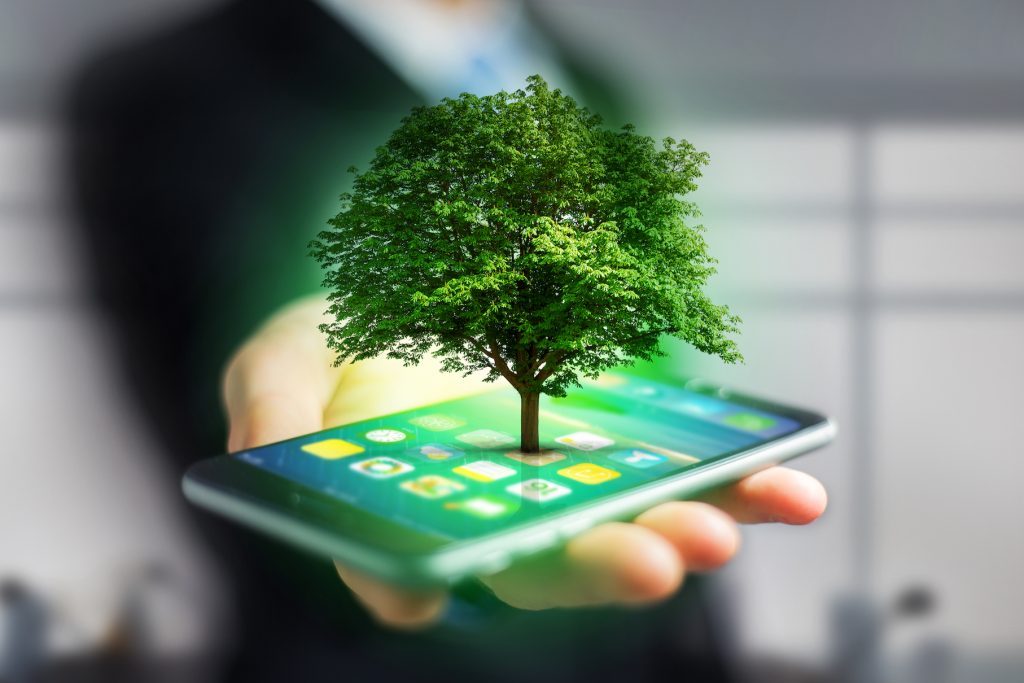Smartphones have become an essential part of modern life, but their environmental cost is staggering. From resource extraction to e-waste, the smartphone industry contributes significantly to pollution, carbon emissions, and landfill overload.
But are major brands doing enough to combat this? Let’s explore the environmental impact of smartphones, the current sustainability efforts by manufacturers, and what more needs to be done.
1. The Growing Problem of E-Waste
Every year, over 50 million tons of electronic waste (e-waste) are generated globally, with smartphones being a major contributor. The short lifespan of devices (averaging 2-3 years) leads to massive disposal issues.
Key Problems:
- Toxic Materials: Smartphones contain hazardous substances like lead, mercury, and cadmium, which can leak into soil and water.
- Low Recycling Rates: Only 20% of e-waste is properly recycled—the rest ends up in landfills or is illegally exported to developing countries.
- Fast Obsolescence: Planned obsolescence and lack of software updates force users to upgrade frequently.
🔗 Learn more about e-waste statistics from the UN.
2. Are Smartphone Brands Taking Responsibility?
Major manufacturers have introduced sustainability initiatives, but are they enough? Let’s examine some leading brands:
Apple: Leading in Recycling & Carbon Neutrality
- Recycling Robot (Daisy): Recovers materials from old iPhones.
- Carbon Neutral Goals: Apple aims for 100% carbon neutrality by 2030.
- No Charger in Box: Reduces electronic waste (though controversial).
Samsung: Eco-Friendly Materials & Repairability
- Galaxy Upcycling: Turns old phones into IoT devices.
- Recycled Materials: Uses ocean-bound plastics in some models.
- Self-Repair Program: Allows users to fix their own devices.
Fairphone: The Most Ethical Choice
- Modular Design: Easy to repair and upgrade.
- Fair Trade Materials: Sources conflict-free minerals.
- Long Software Support: Up to 5+ years of updates.
🔗 Check out TechieDeck’s guide to eco-friendly gadgets for more sustainable tech choices.
3. The Challenges in Sustainable Manufacturing
While brands are making efforts, several obstacles remain:
A. Rare Earth Mining & Human Rights Issues
- Smartphones require rare earth metals like cobalt and lithium, often mined in unethical conditions.
- Child labor in Congo’s cobalt mines remains a serious concern.
B. Limited Recycling Infrastructure
- Many countries lack proper e-waste recycling facilities.
- Consumers often don’t know where to recycle old phones.
C. Consumer Behavior & Fast Upgrades
- Many users replace phones every 2 years due to marketing and perceived obsolescence.
- Trade-in programs help, but not enough people use them.
🔗 Read more about ethical smartphone production from Greenpeace.

4. What More Can Be Done?
A. Stronger Government Regulations
- Right-to-Repair Laws: Force companies to make devices repairable.
- Stricter E-Waste Policies: Ensure proper recycling and ban illegal dumping.
B. Consumer Awareness & Action
- Buy Refurbished Phones: Reduces demand for new devices.
- Use Phones Longer: Resist unnecessary upgrades.
- Recycle Properly: Use certified e-waste programs.
C. Corporate Accountability
- Extend Software Support: Like Fairphone’s 5+ years of updates.
- Increase Recycled Materials: More brands should use reclaimed metals and plastics.
🔗 For more tech sustainability tips, visit TechieDeck.
Conclusion: A Call for Greener Smartphones
While some brands are making progress, the smartphone industry still has a long way to go. E-waste is growing, recycling rates are low, and unethical mining persists. Consumers, companies, and governments must work together to create a more sustainable future for tech.
Will major brands step up, or will consumers need to demand change? The choice is ours.
